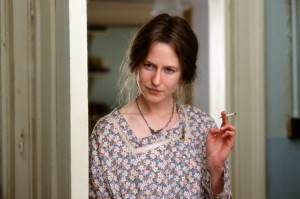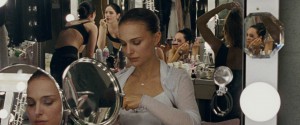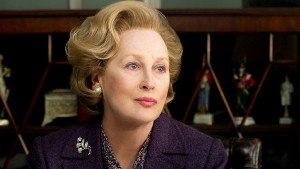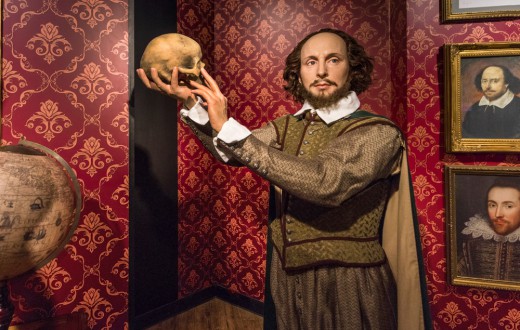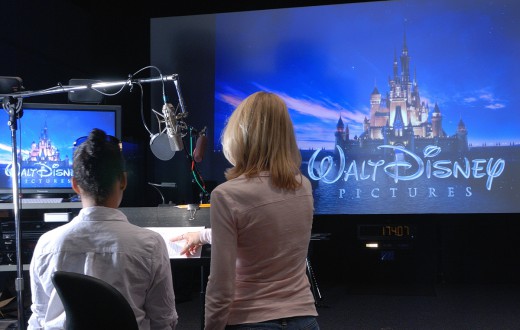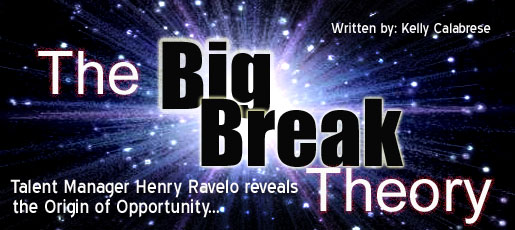Characters can be reflections of ourselves, whether we realize it or not. They can show us sides of ourselves that we might not want to see, or that we might be trying to ignore. But they can also be teachers, showing us how to grow and change. In my experience, the most powerful and useful reflections of ourselves come in the form of characters who are nothing like us.
When you read a book or see a movie, there is often a character who you can see yourself in. This is especially true if the character goes through the same struggles that you do. In some cases, it can be comforting to know that someone else has been through what you’re going through and survived. It can also be helpful to see how the character handles their struggles. Watching someone else overcome their challenges can give you the inspiration you need to do the same.
Characters can often mirror ourselves, whether it be in appearance, personality traits, or life experiences. In some cases, this mirroring can be uncanny, providing an unexpected level of depth and connection to the story. For actors, it can be both fascinating and comforting to see aspects of themselves within a character on the page or screen.
Nicole Kidman in The Hours
© 2002 – Paramount Pictures
When an actor plays a character who mirrors themselves, it can be a transformative experience. In some cases, it can even be therapeutic. For example, in the movie The Hours, actress Nicole Kidman played a character who was based on the author Virginia Woolf. Woolf suffered from mental illness and eventually committed suicide. Playing that role allowed Kidman to explore her own mental health issues and come to terms with them.
Natalie Portman in Black Swan
Similarly, in the movie Black Swan, Natalie Portman played a character who was based on the real-life ballerina Suzanne Farrell. Farrell had a difficult relationship with her mother, and Portman used that as inspiration for her performance. She said that playing that role allowed her to work through her own mother issues.
In both of those cases, the actors were able to use their personal experiences to create powerful performances.
When an actor portrays a character that mirrors themselves, they are able to bring a greater level of authenticity and truth to their performance. In order to create a believable character, the actor must first understand who they are as a person. By looking within themselves, they are able to find the similarities between them and their character. This allows them to access the emotions and experiences that are relevant to the role.
Meryl Streep in The Iron Lady
One of the most famous examples of an actor mirroring themselves is Meryl Streep in The Iron Lady. Streep played Margaret Thatcher, a role that required her to tap into her own experiences as a woman in power. She was able to draw on her own life stories, as well as her observations of other powerful women, in order to create a believable portrayal.
In some cases, it can be good for a character to mirror an actor in real life. For example, if the character is based on the actor, it can help the actor stay in character. Additionally, it can make the actor feel more connected to the character and help them understand the character better. However, there are also some cases where it can be bad for a character to mirror an actor in real life. For example, if the character is based on an actor who is known for being difficult to work with, it can be difficult for the actor playing the character. Additionally, if the actor doesn’t like how they are portrayed by the character, it can be frustrating.
There are a few schools of thought when it comes to whether or not it’s good or bad if a character mirrors an actor in real life. Some people believe that it’s distracting, and takes the viewer out of the story. They feel that the actor is simply playing themselves, rather than playing a character. Others believe that if done well, it can make the character more real, and help the viewer connect with them more. They may also feel like they are getting a glimpse into the actor’s personal life. There is no right or wrong answer, it simply depends on personal preference.
In the world of film and television, character mirroring of actors in real life is nothing new. However, with the rise of social media, this phenomenon is becoming more prevalent and raising more eyebrows than ever before. Social media provides an interesting opportunity for actors to mirror their on-screen characters. This can be done through the use of specific hashtags, retweets, and even profile pictures. By doing this, actors can help build their audience’s connection to the character and the show. Additionally, social media can be used to tease upcoming episodes or events and create a sense of anticipation among fans.
So tell us! What do you think about mirroring? Good or bad? Why? Share your thoughts with us at DirectSubmit @NYCastings!


